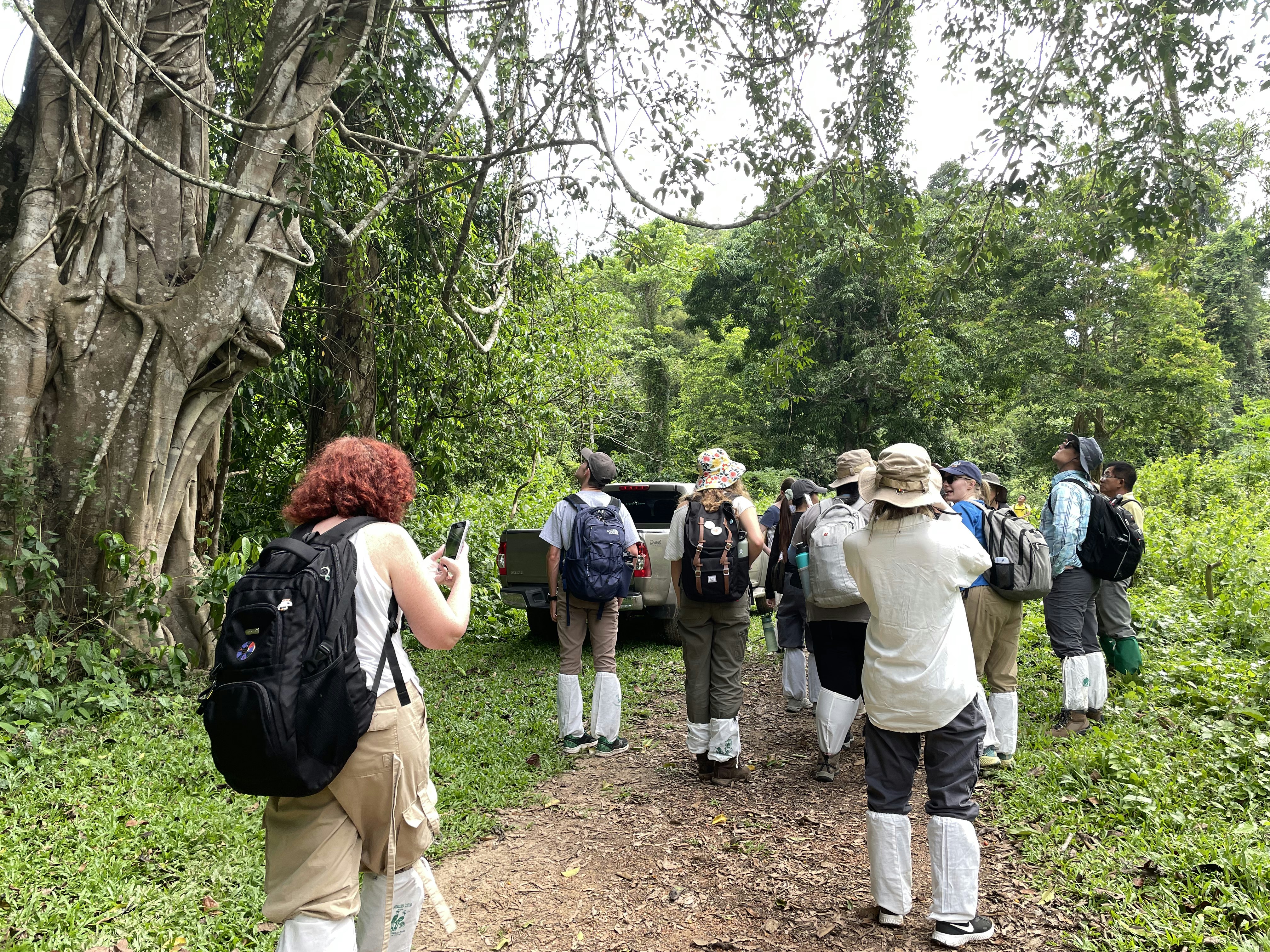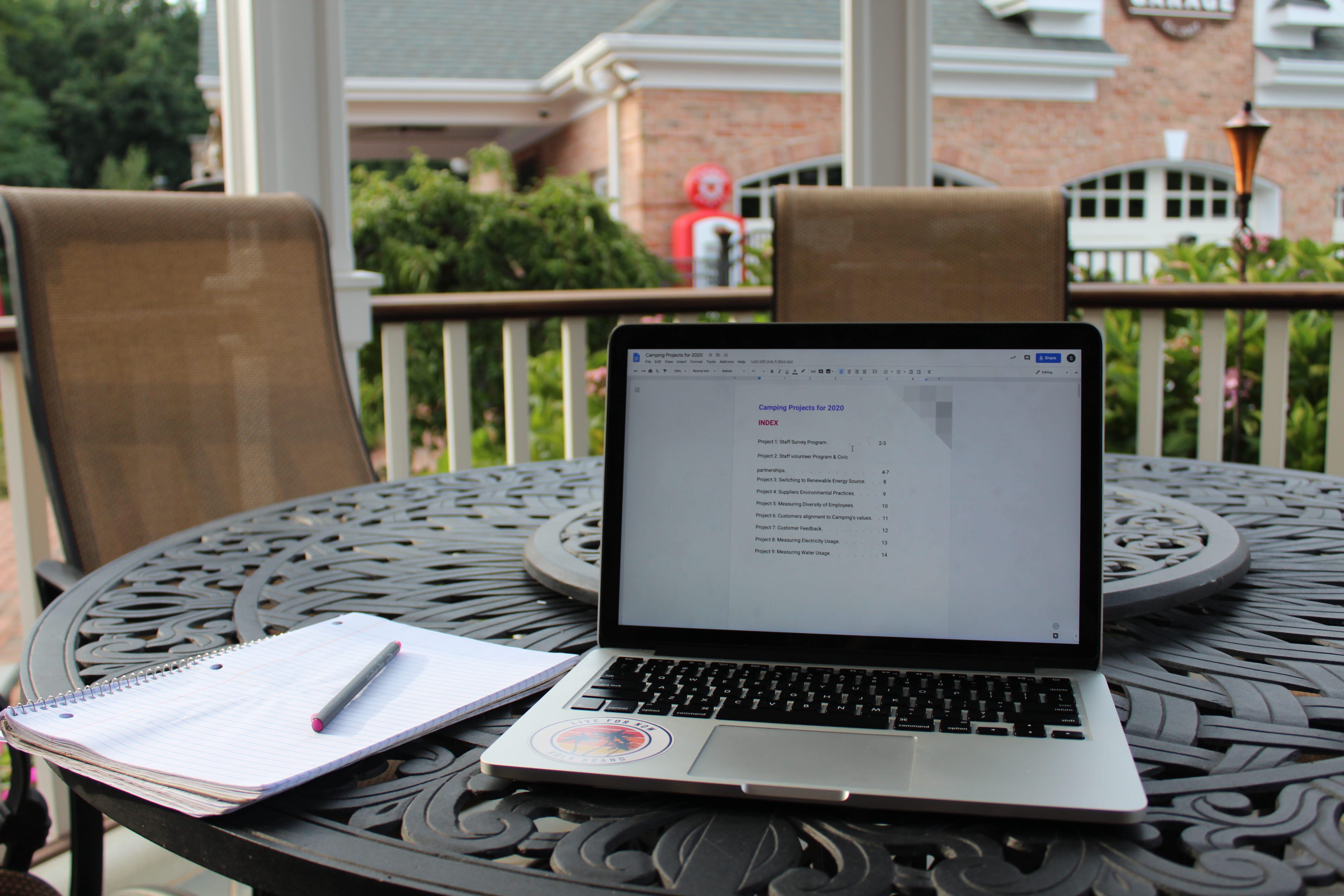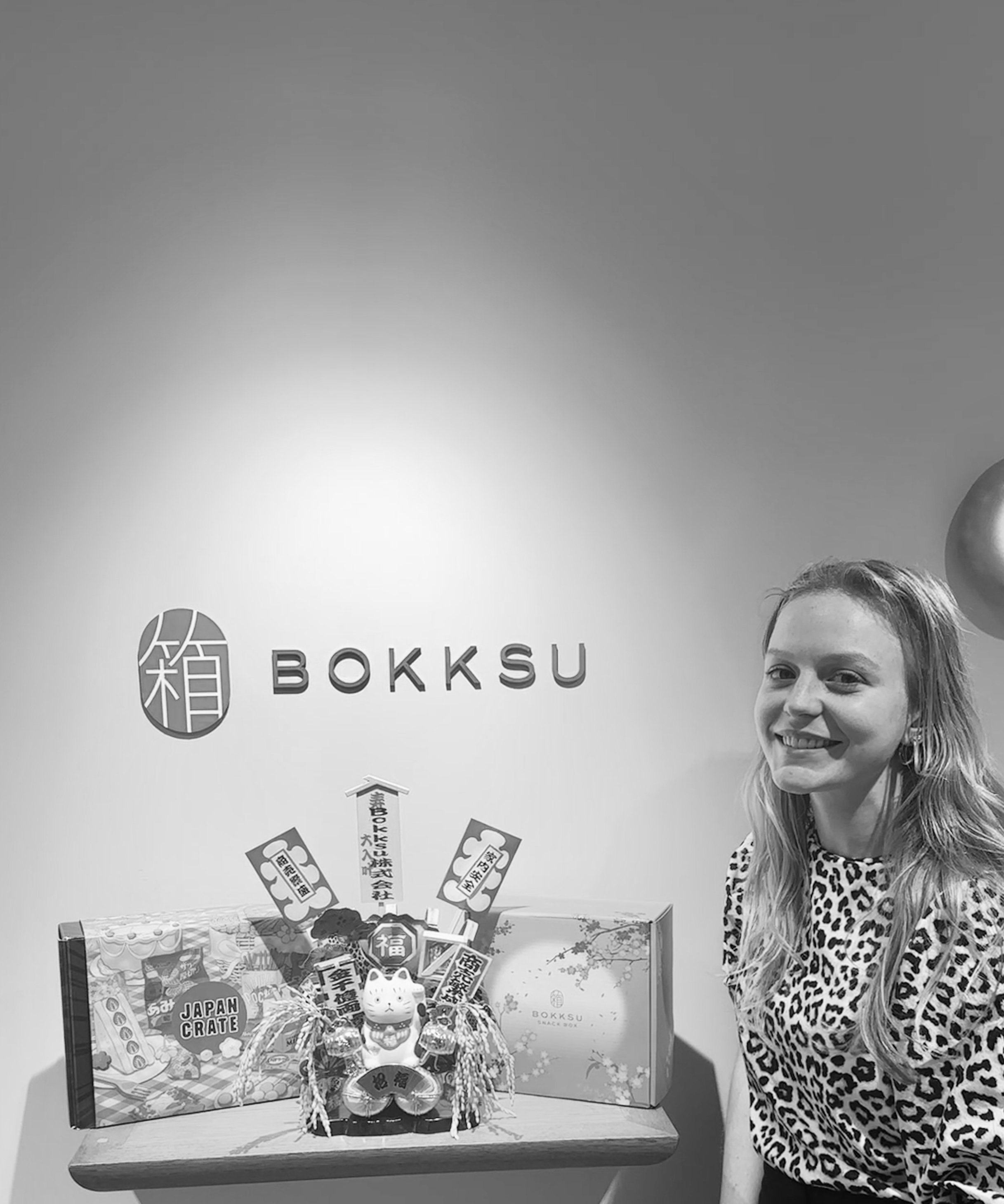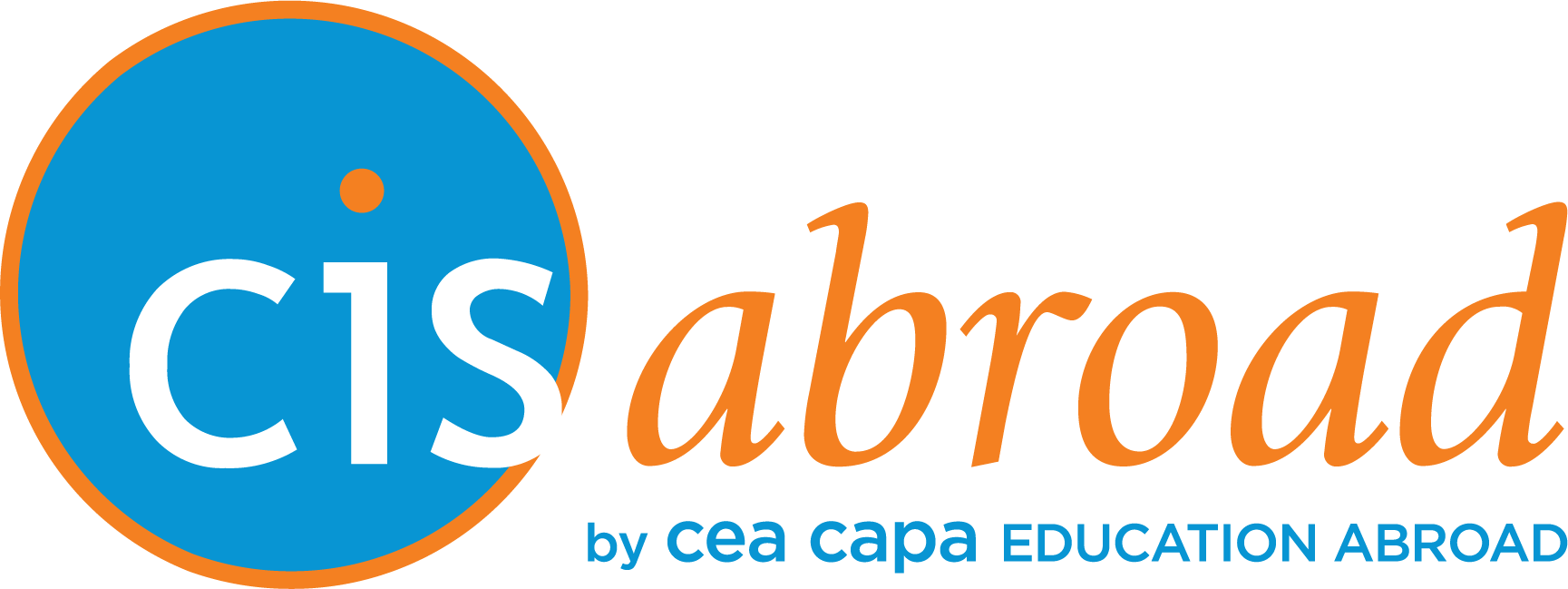Patiently awaiting a proposal for your course abroad? As you prepare to review your program proposal, it's essential to keep your students' needs and interests at the forefront. To help guide your review, we’ve highlighted key questions to consider. From attracting student interest to ensuring the right balance between structured activities and free time, these insights will help you create a well-rounded and successful program.
1. What program features tend to attract the most student interest?
Is your location where your students are interested in traveling? Refer back to the program cost and the balance between meeting learning objectives and including fun excursions. Aside from excursions, remember that other aspects including program length and location can play a key role in student interest.
2. Does the program's pace meet your expectations and student interest?
Similar to the program budget, there is a balance to be found between keeping students engaged and also offering adequate free time. Reading feedback from previous programs can be useful here to ensure students are held accountable each day, but are not overwhelmed and burnt out after a few days.
3. Have you reviewed what’s included in the proposal?
Review the proposal in detail to ensure it’s clear what is included in the program cost. Understanding early on what students will need to budget for in addition to the program cost will boost recruitment efforts and maximize the on-site experience.
4. What’s missing?
Compared to other proposals, where can we offer more support? How do you help faculty review proposals to choose the one that would work best for both them and the institution?
5. Are students given enough personal time to explore?
Post-pandemic, feedback from student surveys has highlighted the value of free time during a Custom Program. The traditional approach of keeping students constantly busy has shifted, as students now appreciate the opportunity for solitude and personal reflection, enabling them to fully experience and engage outside of a rigid and packed schedule.




